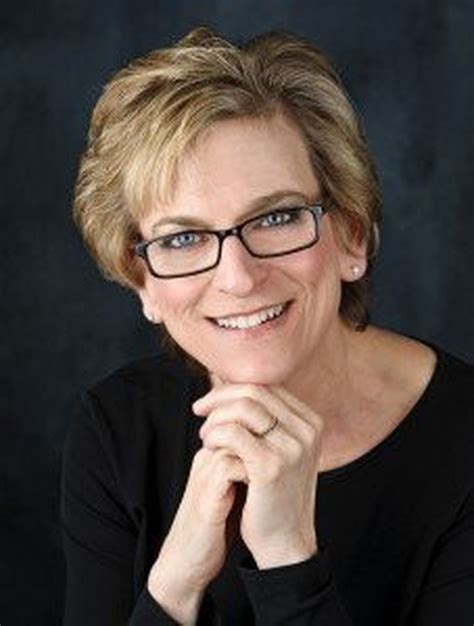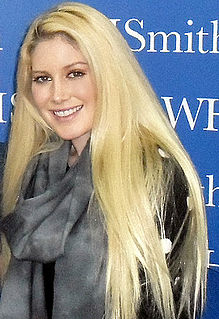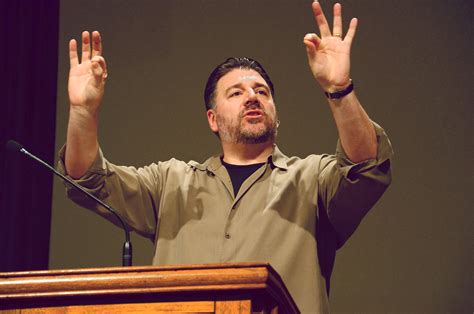A Quote by Maryanne Wolf
The same plasticity that allows us to form a reading circuit to begin with, and short-circuit the development of deep reading if we allow it, also allows us to learn how to duplicate deep reading in a new environment. We cannot go backwards. As children move more toward an immersion in digital media, we have to figure out ways to read deeply there.
Related Quotes
Each young reader has to fashion an entirely new 'reading circuit' afresh every time. There is no one neat circuit just waiting to unfold. This means that the circuit can become more or less developed depending on the particulars of the learner: e.g., instruction, culture, motivation, educational opportunity.
I think the act of reading imbues the reader with a sensitivity toward the outside world that people who don't read can sometimes lack. I know it seems like a contradiction in terms; after all reading is such a solitary, internalizing act that it appears to represent a disengagement from day-to-day life. But reading, and particularly the reading of fiction, encourages us to view the world in new and challenging ways...It allows us to inhabit the consciousness of another which is a precursor to empathy, and empathy is, for me, one of the marks of a decent human being.
As work in neurosciences indicates, the acquisition of literacy necessitated a new circuit in our species' brain more than 6,000 years ago. That circuit evolved from a very simple mechanism for decoding basic information, like the number of goats in one's herd, to the present, highly elaborated reading brain.
What does it matter how cultivated and up-to-date we are, or how many thousands of books we’ve read? What matters is how we feel, how we see, what we do after reading; whether the street and the clouds and the existence of others mean anything to us; whether reading makes us, physically, more alive.
Teenagers are always sneaking around in drawers where they shouldn't go and reading things they shouldn't be reading. And that's an attempt to try, I think, to penetrate, that's how I found out as a teenager what was going on, was by sneaking into drawers and reading letters that I had no business reading.
All spiritual growth comes from reading and reflection. By reading we learn what we did not know; by reflection we retain what we have learned. The conscientious reader will be more concerned to carry out what he has read than merely to acquire knowledge of it. In reading we aim at knowing, but we must put into practice what we have learned in our course of study.
The great opposition to reading is what I allow to fill my time instead of reading. To say we have no time to read is not really true; we simply have chosen to use our time for other things, or have allowed our time to be filled to the exclusion of reading. So don't add reading to your to-do list. Just stop doing the things that keep you from doing it. But read.
































